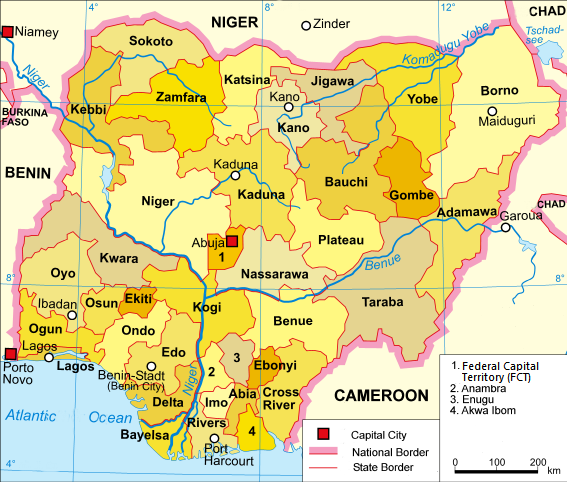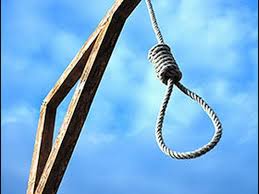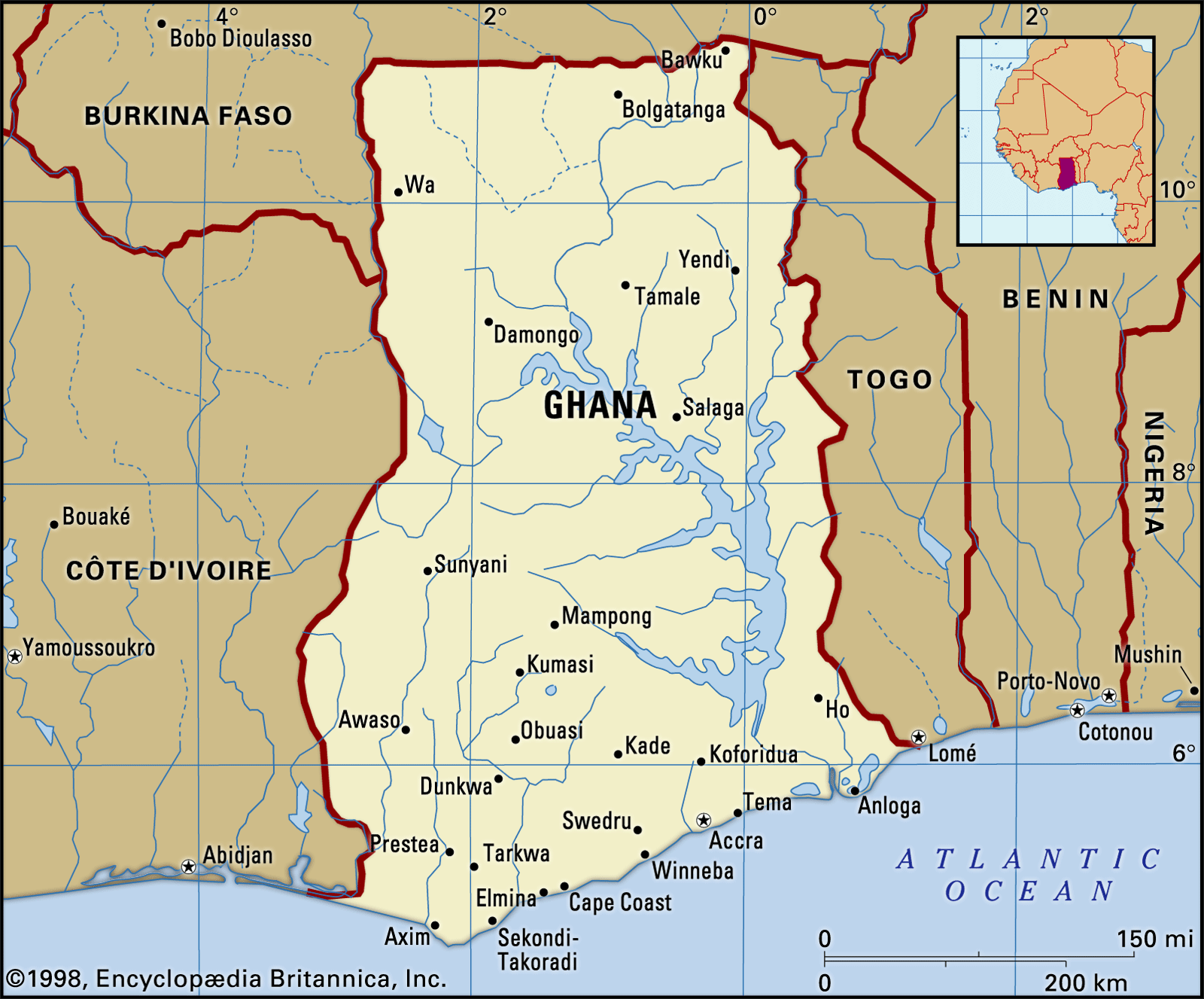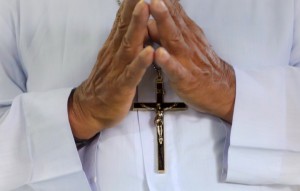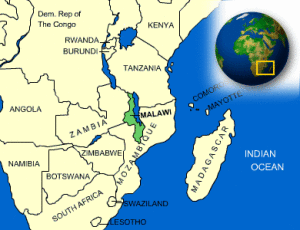Is the capital punishment a justifiable sanction or a sufficient deterrent to ritualistic murders, money rituals, muti murders, or whatever one calls the heinous crimes which ruthless criminals commit to increase their wealth, prestige or power? In Osun State, Nigeria, legislators contemplate to prescribe the death penalty for kidnappers and ritual killers. See the article below.
The United Nations has voted in favor of a moratorium on the death penalty (though Nigeria was among those voting against the resolution). It is to be doubted seriously if the capital punishment serves as a deterrent to ritual killers. Wouldn’t it be more logical and useful to eradicate superstition – which lies at the base of the belief in juju – by providing the necessary education and to create more job opportunities? (webmaster FVDK).
Kidnappers to Face Death Penalty in Osun

Published: February 26, 2020
By: This Day, Nigeria – Yinka Kolawole in Osogbo
The Speaker of Osun State House of Assembly, Hon Timothy Owoeye, yesterday said the state kidnapping and other related crimes (prohibition) bill 2020 would prescribe death penalty for kidnappers and also compliment efforts of the Amotekun Corps when fully inaugurated.
The Speaker at the public hearing on Osun State kidnapping and other related crimes prohibition bill 2020 stated that it is imperative to have an enabling law to ensure quick and diligent prosecution of kidnappers.
Owoeye pointed out that ever since the issue of Amotekun Corps arose, there has been a downward trend in the cases of kidnapping in Osun and other South-western states.
He held that the seveth Assembly under his watch is reviewing the existing laws on kidnapping which recommended that 14 years would be reviewed to death penalty.
The Speaker added that should the bill scale through the needed stages, those caught with human parts and kidnappers whose victims dies in the process of abduction would face death sentence as against imprisonment obtainable before now.
Owoeye noted that with the way kidnapping is becoming lucrative, it is sacrosanct that laws with severe consequences be put in place to protect Nigerians from kidnappers.
According to him, “Ever since the issue of Amotekun came up, I have noticed downward cases of kidnapping in Osun and other South-western states; however I am more afraid of the surge in ritual related cases.
“The country was saddened at the gruesome murder and dismembering of a 23-year-old 400 level LASU student, Favour Oladele, for money ritual purposes. We the Osun people are sadder that the killing took place in Ikoyi town, in our own soil.
“As parents and community leaders, we must begin to re-orientate our young ones on this prevailing get-rich-quick syndrome. There is no shortcut to success, the only way is preparation, hard work, patience and perseverance.”
Also, the Chairman of Osun Civil Society Coalition, Waheed Lawal, has given reasons for government at all levels to re-double their efforts to create job for employable youths, stating that it would go a long way in reducing the crime rate in the country.
Police Community Relations Committee Chairman in the state, Amitolu Shittu, on his own, commended the seventh Assembly for championing the crusade to bring sanity to the society.
Source: Kidnappers to Face Death Penalty in Osun
